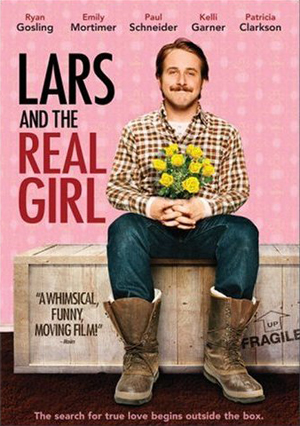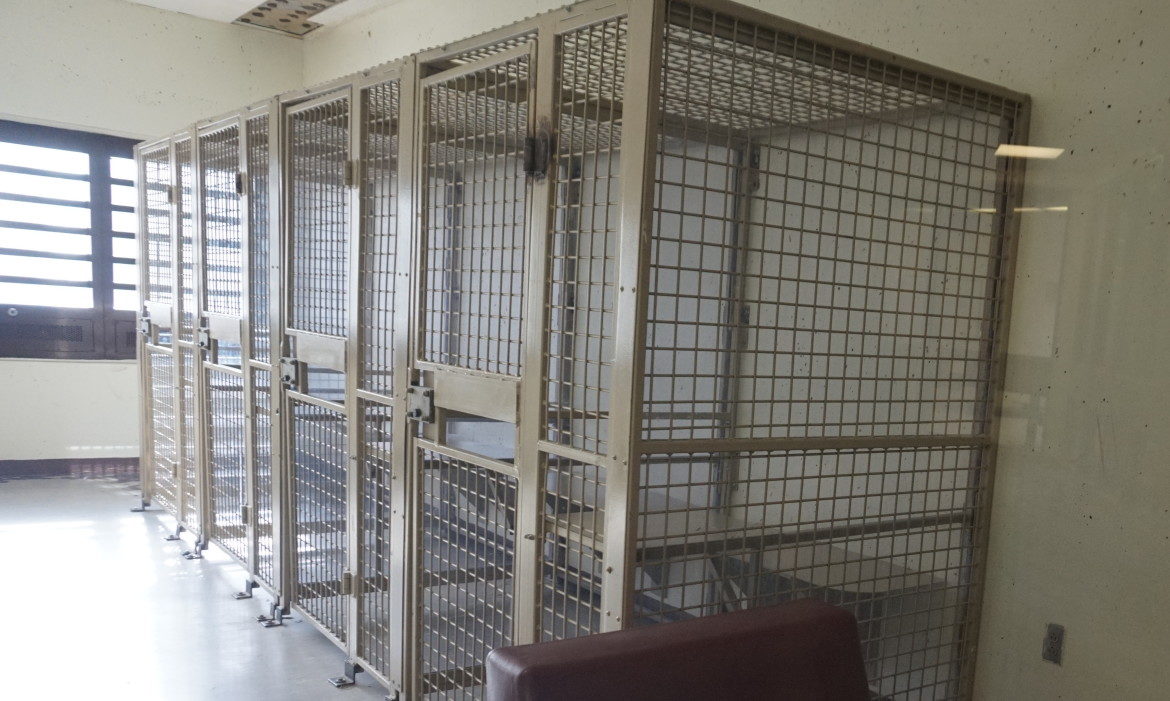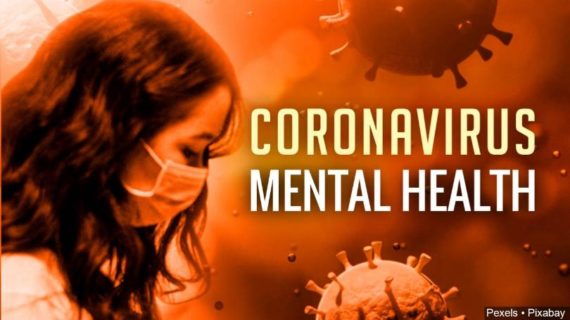
This blog appeared on my author’s website this morning, but a problem with Facebook delayed its reposting there.
(5-25-20) Memorial Day honors those who have died while serving in the U.S. Military. That should include all those who have perished.
Does Ending Your Own Life Nullify Your Hero Status? Squabble At CIA Reveals Lingering Prejudice
Ranya Abdelsayed spent a year in Afghanistan targeting senior al-Qaeda and Taliban fighters at one of the Central Intelligence Agency’s most important bases. Less than 48 hours before she was to return home, the 34 year-old fatally shot herself in the head.
The CIA maintains a Memorial Wall in the lobby of its Langley headquarters to recognize those who “gave their lives in the service of their country,” but a recent spat reveals a lingering prejudice and stigma about mental illnesses.
The Washington Post, which broke this story, quoted a longtime CIA historian, who retired in 2016, objecting to her name being approved and a star representing her being added to the wall:
Abdelsayed’s inclusion violates the agency’s own criteria — and her star “must absolutely come off the wall.”
The famed memorial, he said, is reserved for deaths that are “of an inspirational or heroic character” or are the result of enemy actions or hazardous conditions…“There’s been an erosion of understanding in CIA leadership for at least two decades about what the wall is for and who is it that we’re commemorating…Now we have a suicide star on the wall. That’s not what the wall is for. Suicide is a great tragedy, of course. But the purpose of the wall is not to show compassion to the family. It’s to show who in our community is worthy of this honor.”
Yes, you read that right: “Show who in our community is worthy of this honor.”







